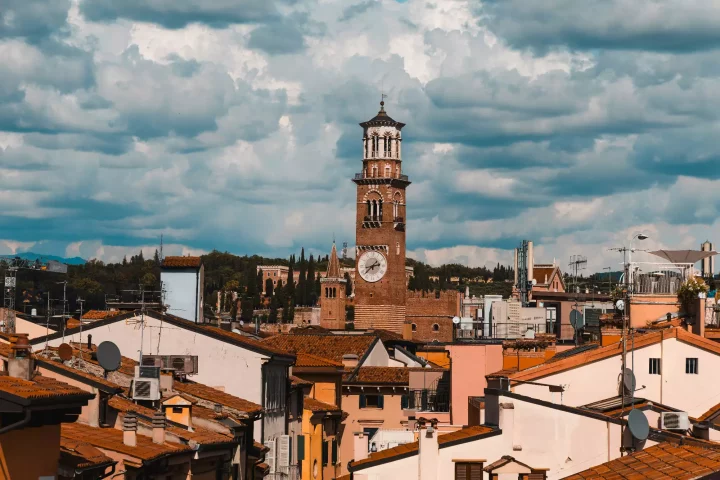Italy, a land of timeless beauty, possesses a rich and intricate history woven by numerous ethnic groups. From ancient tribes to powerful empires, the Italian peninsula has been the stage for a fascinating interweaving of cultures, languages, and traditions.
This article explores the ethnic diversity of Italy over the centuries, highlighting the key ethnic groups that have shaped its history and culture. We invite readers to discover their Italian ancestral roots and to understand the complex ethnic tapestry of this country.
Italian Ethnic Groups
Italy’s genetic history is a captivating blend of ancient peoples, migrations, and cultural influences. Here are some key points to consider:
Ancient Inhabitants
The Italian peninsula was home to diverse ethnic groups throughout history, such as:
- Indo-European Speakers: these included the Romans, Latins, Falisci, Picentes, Umbrians, Samnites, Oscans, Sicels, and Adriatic Veneti. The Greeks also settled in Magna Graecia. The Romans, in particular, were instrumental in forming what we now recognize as Italian culture.
- Pre-Indo-European Speakers: the Etruscans, Ligures, Rhaetians, and Camunni inhabited mainland Italy. The Sicani lived in Sicily, and the Nuragic people thrived in Sardinia. The Phoenicians also left their mark in both places. Each of these groups contributed unique aspects to the cultural formation of Italy.
Take advantage of specialized assistance to secure your passport for a borderless future.
Cultural Influence
The Romans, as formidable rulers, left an indelible mark on Italy. Their language, Latin, evolved into Italian, shaping communication. Roman architecture, art, and governance continue to inspire generations.
During the Middle Ages, Italy flourished with city-states like Florence, Venice, and Genoa. Each city had its distinct culture, art, and trade, fostering creativity and rivalry. This long history of division left a rich tapestry of regional dialects and cultural nuances. Each province had its unique identity, which persists to this day.
Contemporary Influences
Today, the ethnic and cultural diversity of Italy continues to evolve. Modern immigration has brought new cultures and traditions, further enriching Italian society. The blend of ancient traditions with contemporary influences creates a unique cultural dynamic where the old and the new coexist harmoniously
Recent immigration has significantly increased ethnic diversity, with an estimated 5 million immigrants living in Italy, representing about 8% of the total population.
Preference for Rural Areas
Interestingly, Italians often prefer rural areas over cities. Only about 60% of Italians reside in urban centers, the lowest proportion compared to other European populations. This statistic highlights the strong connection Italians have with their native regions or provinces.
According to the Italian National Institute of Statistics (ISTAT), the Italian population is approximately 60 million people, with a higher population density in the industrialized and urbanized north compared to the more agricultural south.
Religious Affiliation
The religious distribution is also notable: while the majority of Italians are Roman Catholic, there are significant communities of Protestants, Jews, and Muslims, reflecting the country’s growing diversity.
Take advantage of specialized assistance to secure your passport for a borderless future.
Connecting with Ancestry
At the heart of this journey is the opportunity for readers to uncover meaningful connections to their Italian heritage. As of 2025, however, eligibility for Italian citizenship is generally restricted to children and grandchildren of Italian citizens born in Italy, with a few specific exceptions.
If you have an Italian parent or grandparent and are considering applying for citizenship, seeking professional guidance can make all the difference. At io.citizen, our dedicated team is here to help turn your dream of Italian citizenship into a reality. Reach out to us today and take the first step toward reclaiming your heritage.






